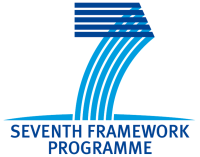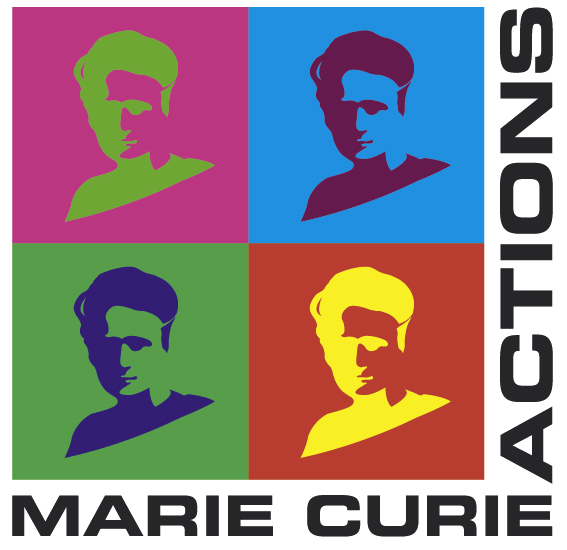The 3rd Supervisory Board Meeting of the ANDREA Project was held on August 20th, 2015, on the occasion of the International Summer School in Biomedical Engineering – New Instrumentation for brain measurements and stimulation – held in Wittenberg, Germany, on 16-28 August 2015 (click here to go into the external link). The scientists in charge and other staff members of all ANDREA partners participated in the meeting.
At first, the Minutes of the Second SB Meeting were approved, and the overall progress of the project was evaluated: the RTD results achieved during the months 13-20 of the project, the respect of deadlines for deliverables, the Transfer of Knowledge activities (including secondments and visits), the recruitment of experienced researchers from outside the network, the outreach activities and the management of the project.
Next, plans were made to organize the research activities and the secondments scheduled during months 21-26 of the project, the recruitment of an experienced researcher at BIND-UdA, the preparation of the Fourth ANDREA Training Course (to be held in January 2016 on the occasion of the 25th Burgundy Neuromeeting be held from 20-23 January 2016 in Beaune, France – Lead participant EEM), and the forthcoming outreach activities.
The PC also reminded all partners of the upcoming Mid-term Review meeting, scheduled for 30 October 2015, and plans to organize it at best were made. The PC reminded all partners that a MT Assessment Questionnaire must be filled by each researcher involved in the ANDREA Project (recruited or seconded), and that each scientist in charge will have to send her an updated Progress Report on the basis of which she will prepare the Mid-term Review Report to be submitted to the REA Representative by the end of September 2015. Finally, plans for the organization of the next Supervisory Board meeting (to be held in January 2016 on the occasion of the 25th Burgundy Neuromeeting be held from 20-23 January 2016 in Beaune, France ) were made.
The scientific discussion was focused on the number of dry electrodes per cap, on the organization of the first validation phases, which will start in October 2015, and on the number of novel caps available per validation site (BIND-UdA and Villa Serena).


